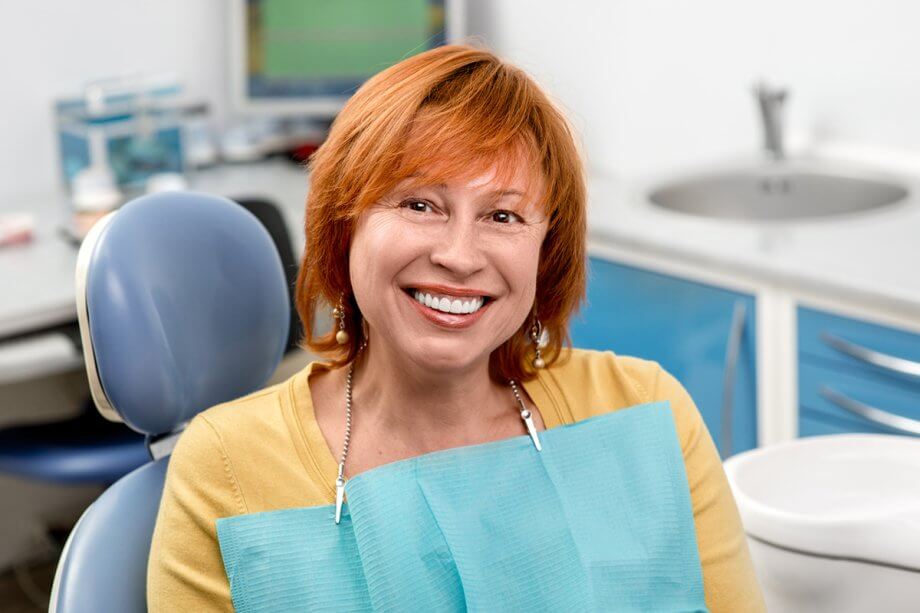Are you planning to have dental implant surgery? Dental implants are an excellent replacement for damaged or missing teeth. This permanent solution can also prevent jaw bone loss as well, because they strengthen the bone that surrounds the tooth or teeth they are designed to replace.
How Do Implants Work?
Dental implants replace all parts of your tooth structure: the tooth root and your tooth itself. Once an implant is placed, using good routine dental care, including daily brushing and flossing and regular visits to your dental team for check-ups and cleanings, they can last your entire life.
Whether used to replace a single tooth, support a bridge, support dentures, or all full dental arch, all implants consist of three different parts, the base that replaces your natural tooth root, the metal frame, called an abutment that attaches the root to an artificial tooth, and the tooth that replaces your missing external tooth itself.
Common Questions About Getting an Implant
Once you have received implant surgery, you may have some questions about how you’ll feel and what you can eat.
After your implant is performed, your dentist will give you guidelines to follow to help with healing and your dental hygiene. Usually, some analgesic pain medicine will be recommended, which can be purchased over-the-counter.
In regard to hygiene, 24 hours after your surgery, be sure to rinse out your mouth with salted water. This should be done after you eat, when you wake up, and before you go to sleep at night. Your dental team will tell you how soon you can start brushing and flossing normally, while still avoiding the site of your surgery.
And, there are some foods and beverages that are best to consume, and some which you should avoid after having an implant surgery.
What You Should Eat Following a Dental Implant
So, what should you eat following a dental implant? Sticking to food that doesn’t require you to chew a lot is important, at least for the first day following your surgery. You should also drink a lot of water, because good hydration will help you heal.
Foods that are most usually recommended include:
- Ice cream, Smoothies, and yogurt
- Puddings and applesauce
- Mashed potatoes
- Soups
Why should you consume a primarily soft or liquid diet initially? First of all, because the area around your cheek and around your gums near the implant area will have received agents that numb the area. If you were to chew harder foods, you could bite your cheek or the area around the implant, causing pain or damage to this sensitive implant site.
In fact, you should try to stick to soft foods for the week following surgery, gradually adding more foods to your menu, including:
- Soft cooked pasta
- Well-cooked, soft vegetables
- Scrambled eggs
After a week, you can begin to add other foods into your diet, like meat or fish and raw vegetables. But for at least two weeks, you should try not chew in the part of your mouth where you received the implant.
What You Should Avoid Following Dental Implant Surgery
After implant surgery, although you’ll be sticking to soft foods, you should avoid skipping meals, because good nutrition will help you heal more quickly.
Avoid undertaking physically exerting activities for at least the first few days following surgery, and be sure not to smoke or use any tobacco while you’re recovering.
Learn More About Dental Implants and Implant Surgery
If you’re ready to hear more about dental implants and implant surgery, or to schedule a consultation with Minoli & Vijay, DDS PC, give us a call! We’re ready to help with all your dental needs.

